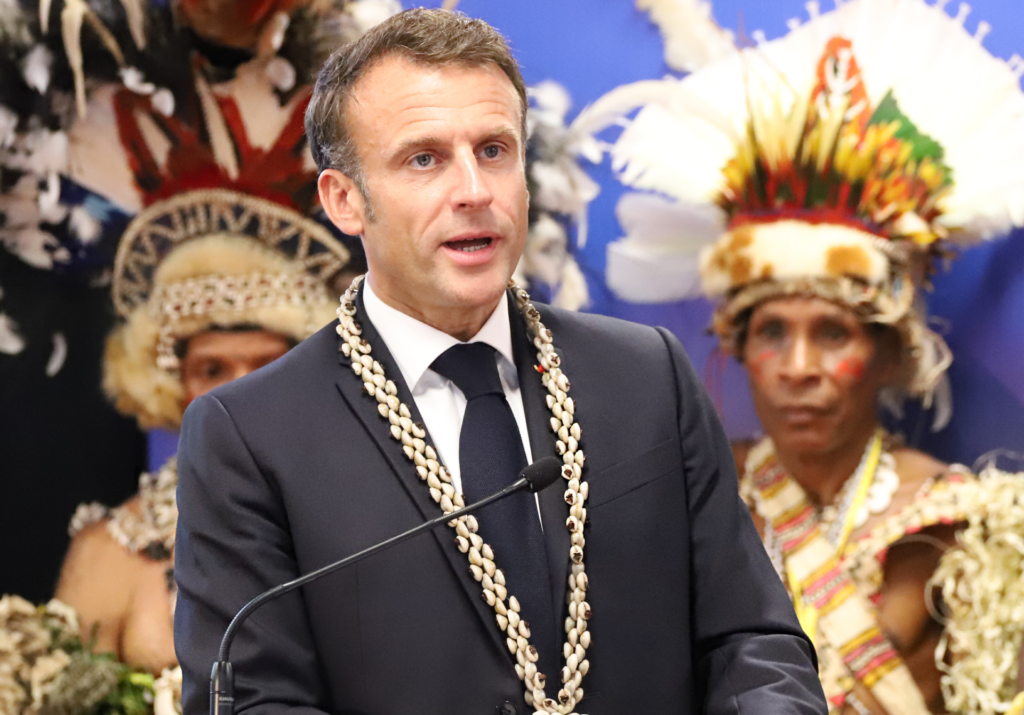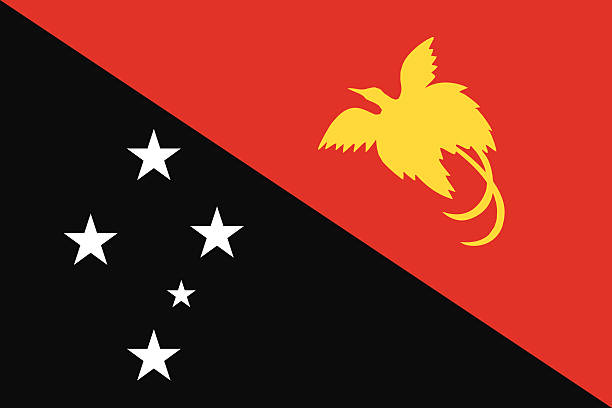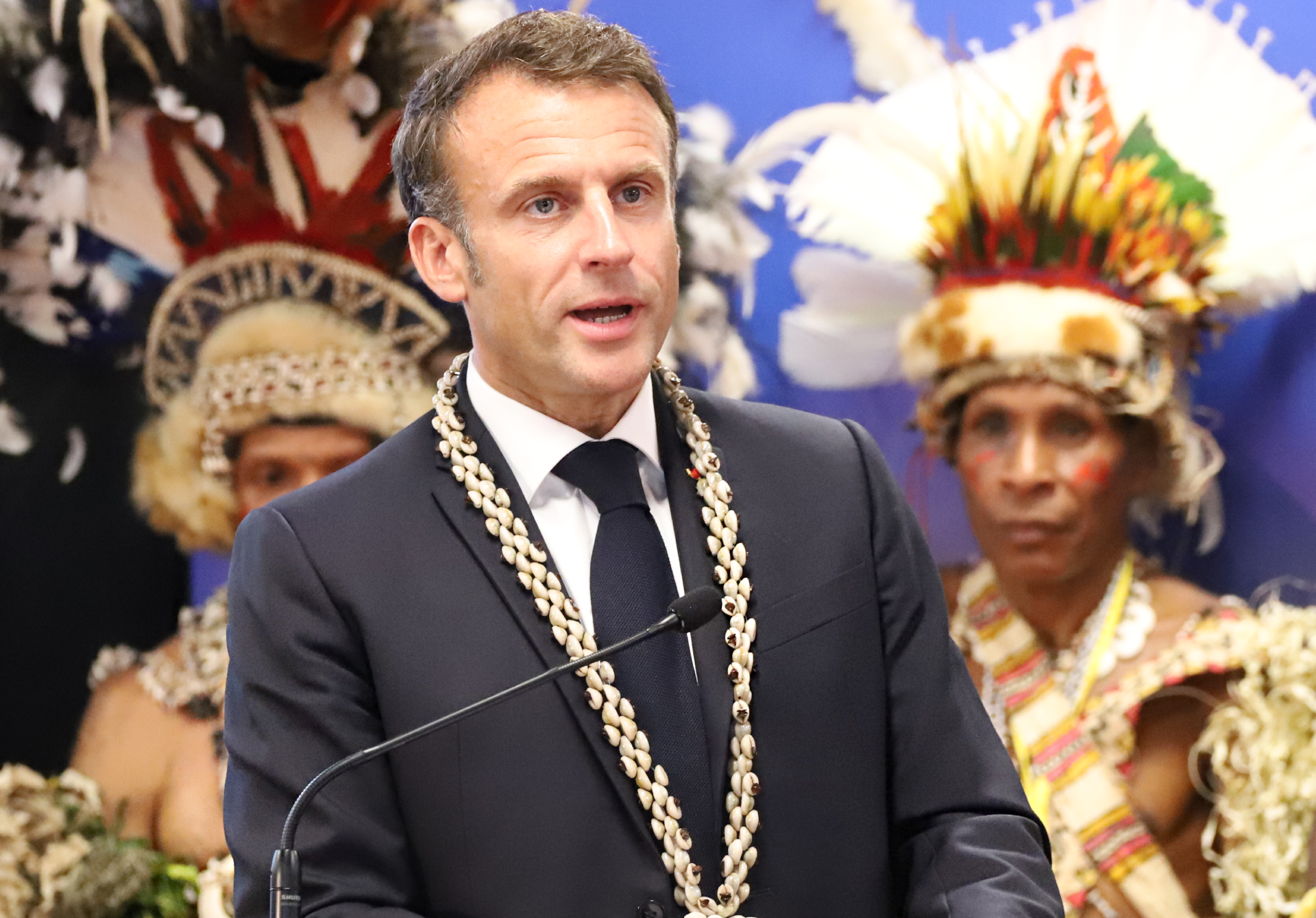Friday 28 July 2023

President of the Republic of France His Excellency Emmanuel Macron, in his state visit to Papua New Guinea, expressed strong support for the Managalas Conservation Area, PNG’s largest-ever conservation project.
The President’s commitment came to light during a press conference held at the APEC Haus, following his visit to the Variarata National Park in Koiari Central Province on Friday 28h July.
The Managalas Conservation Area is located in the historic Oro Province, particularly in the Ijivitari District, covering a vast 1,390 square miles (nearly 900,000 acres) of rainforest, is home to an array of endangered species, including the iconic Matschie’s tree kangaroo, the cassowary, and the majestic Queen Alexandra’s birdwing butterfly, among thousands of other flora and fauna.
Governor for Oro Province, Hon. Gary Juffa, opened the press conference by highlighting the critical role played by the indigenous people in the preservation of the natural environment in addressing climate change.
“We the people of Papua New Guinea offer our services to be custodians of the world’s third largest forest in the effort to mitigate climate change.”
“Many nations like us are under attack by those who seek profit over future, ours is the Managalas Conservation Area, home to many rare species of flora and fauna, such as the largest living butterfly in the world,” Governor Juffa said.
Emphasizing that the entire world is suffering due to global warming, Governor Juffa called upon President Macron as well as other global leaders, to unite and rally against the challenges posed by climate change.
Prime Minister Hon. James Marape underlined the significance of sustainable land use and practices, which have been part of PNG’s cultural heritage for generations.
“My government has issued instructions to the forest minister to cease issuing permits for untouched areas until a proper land use map is established,” PM Marape announced.
Prime Minister Marape praised President Macron’s advocacy for forest conservation and climate change, hailing it as a global statement and lauding his commitment to mobilize resources and partners for the conservation of the Managalas forest.
PM Marape stated that the European Union have pledged over K100 Million Kina, with France as the leading contributor to support the conservation and sustainability programs within the Managalas project.
President Macron, reflecting on his visit to Variarata National Park earlier in the day, acknowledged the significance of the forest as the habitat of indigenous people and a repository of global biodiversity, representing 8% of the world’s total.
He emphasized the importance of recognizing and fairly compensating the indigenous people for their vital contributions.
The President praised the Managalas project as a platform for sustainable economic transformation, creating more jobs and generating value while ensuring equitable payments for services rendered.
President Macron assured Papua New Guinea of France’s unwavering support and commitment to mobilizing additional funds, collaborating with philanthropists, and finalizing a comprehensive strategy based on the indigenous people’s knowledge and expertise.
The press conference concluded with President Macron expressing gratitude for the opportunity to partner with Papua New Guinea in preserving the Managalas Conservation Area. He reiterated France’s dedication to work as an equal and firm partner, building new solutions to preserve the precious forest for the well-being of current and future generations.
The state visit by French President Emmanuel Macron marked a crucial milestone in strengthening conservation efforts in Papua New Guinea.
With France’s support and the commitment of Papua New Guinea’s leaders, the Managalas Conservation Area stands as a beacon of hope in the global fight against climate change and the protection of invaluable biodiversity.


